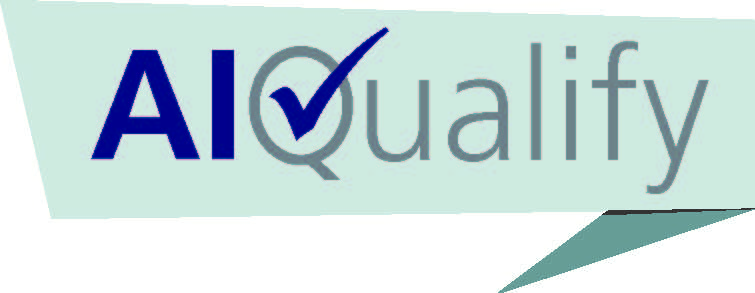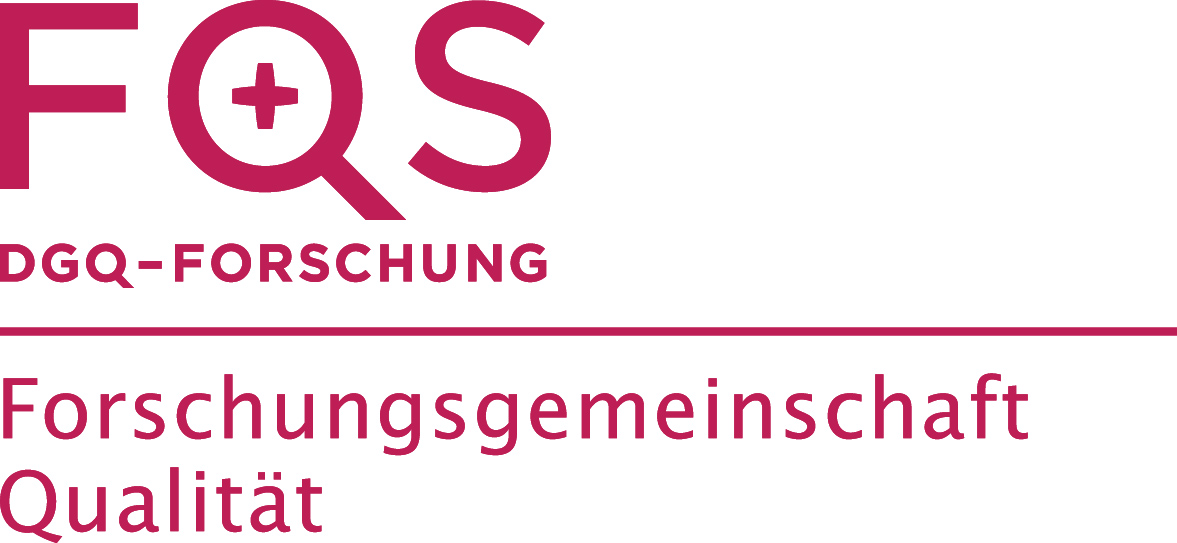
AIQualify simplifies AI system qualification

In short
Evaluating and qualifying artificial intelligence (AI) applications is extremely challenging, especially for small and medium-sized enterprises (SMEs), which often lack the necessary expertise. To nevertheless enable not only SMEs but also manufacturing companies in general as well as providers of AI & testing services to overcome this problem, Fraunhofer IPA and IFF at the University of Stuttgart are developing a software framework to facilitate auditing AI systems in industrial quality testing.
In detail
In the collaborative research project “AIQualify” between Fraunhofer IPA and the Institute of Industrial Manufacturing and Management IFF at the University of Stuttgart, a new software framework facilitates auditing of AI-based applications, especially in industrial image processing and quality control.
Particularly in the case of SMEs, AI applications in these fields offer a competitive advantage by eliminating time-consuming manual processes.
However, people are often uncertain about the transparency and traceability of AI applications based on machine learning. Artificial neural networks learn from large amounts of data, but how they arrive at their results often remains unclear. This leads to skepticism regarding the reliability and robustness of such applications, as well as legal concerns - especially since future regulations such as the “EU AI Act” demand more transparency.
The purpose behind the AIQualify research project is to prove the safety and suitability of ML-based AI applications without the need for expert knowledge. A software framework helps users to define testing and evaluation criteria, which are centralized in an assurance case. These criteria are used to approve the AI application throughout the development process.
To demonstrate the overall suitability of the AI application, the framework makes it possible to test each phase of the development process - from scoping to deployment. It addresses three target groups: manufacturing companies, who use or plan to use AI systems for quality control as well as providers of AI and testing services.
The framework will be tested using two exemplary use cases: a camera-based system that uses AI to detect defects in perforated discs and a real-world industrial use case contributed to the project by a project committee.
Insights into the project
“We don't just consider the finished application; instead, we start much earlier. Decisions have to be made during each phase in the development of an AI application, and they can all affect the outcome. That's why we look at aspects such as data selection, preprocessing, quality criteria, and model selection, among others.”
Prof. Marco Huber

Funders
The IGF project 22929 BG of the Federation of Quality Research and Science (FQS), was funded by the Federal Ministry for Economic Affairs and Climate Action through the German Federation of Industrial Research Associations (AiF) under the Industrial Collective Research (IGF) programme on the basis of a decision by the German Bundestag.


